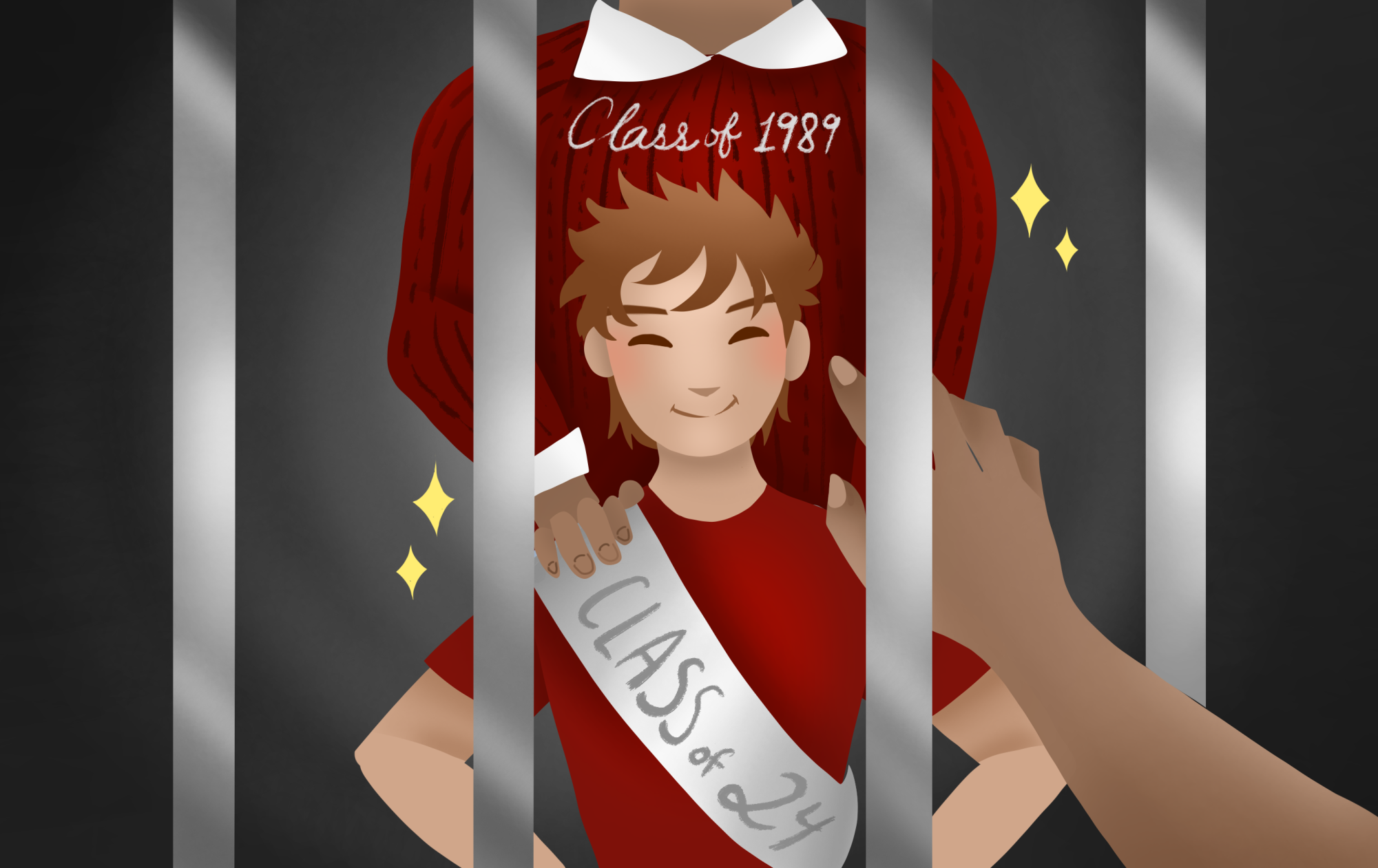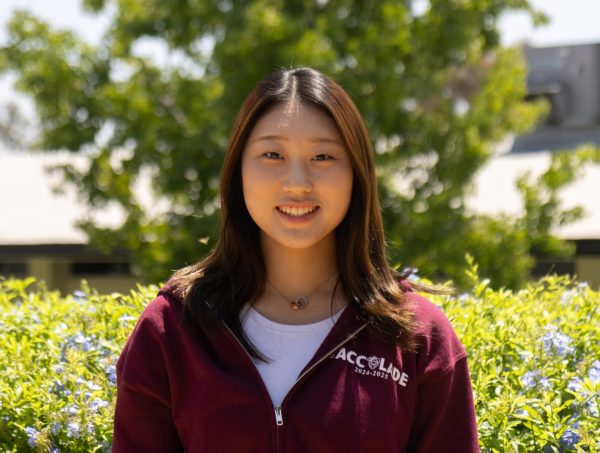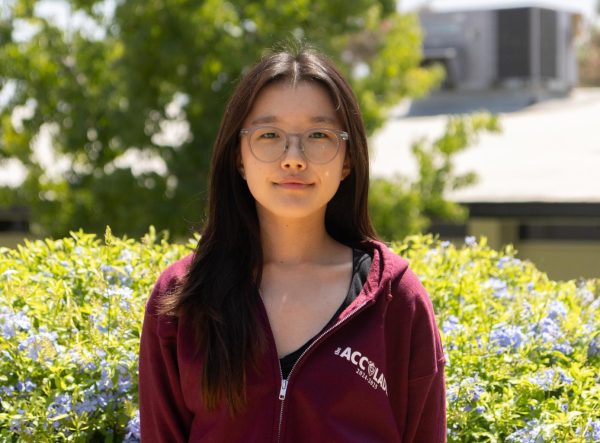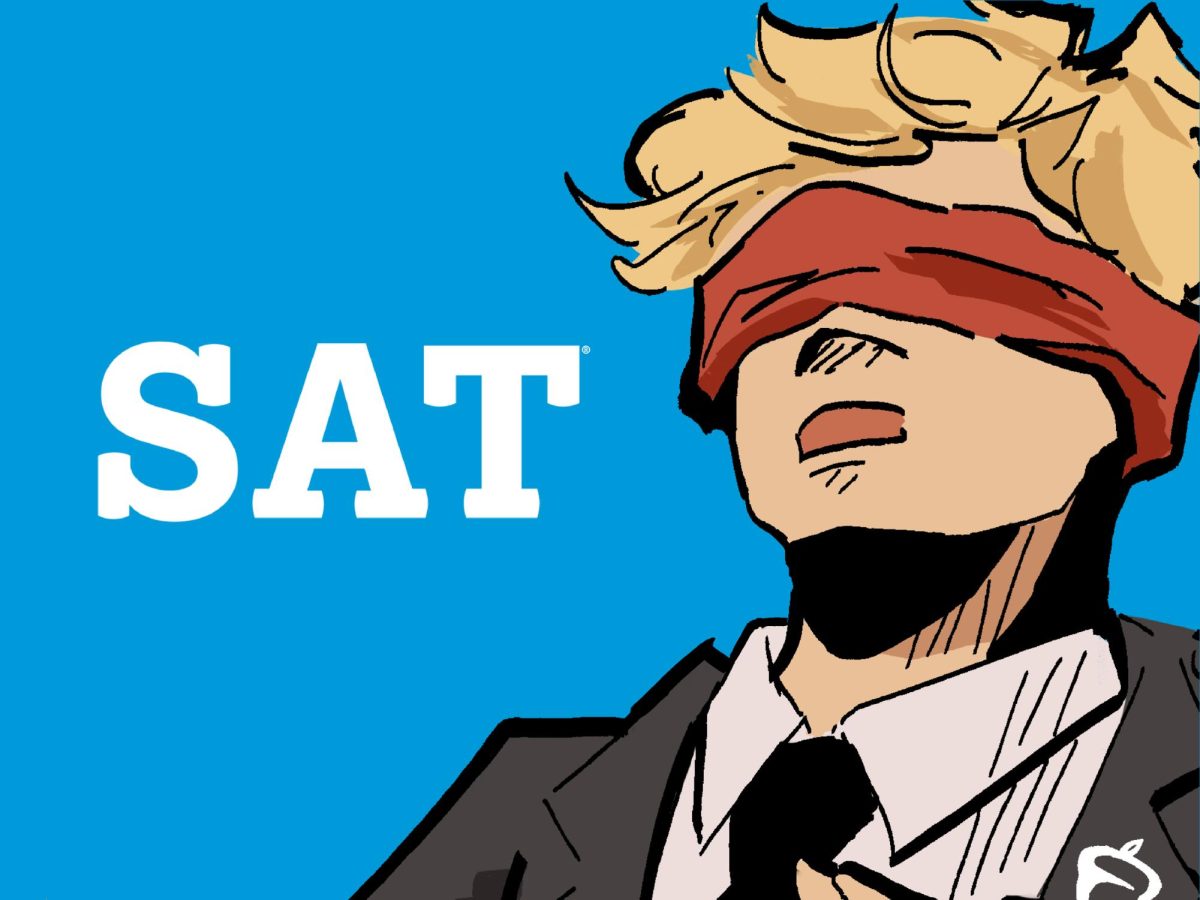It’s existed for about a century.
Originally instituted by elite universities — such as Dartmouth College in 1922 and Yale University in 1925 — to limit the number of Jewish students, the legacy system has prevailed in the U.S. since the 1920s, according to a Monday, Aug. 14, article from The Nation.
Legacy students are those who have alumni siblings, parents or grandparents from the same institution. According to a Friday, July 28, article from The Washington Post, between 2009 and 2015, Harvard University admitted 34% of the 4,644 legacy applicants in the U.S. — a stark contrast to the 6% admission rate for non-legacy applicants.
With the apparent disparity in acceptance rates, the legacy admission system puts those who do not have these privileges at a disadvantage: students whose families never had the chance to strive for higher education or who have lower incomes.
A wide range of prestigious private schools such as Duke University, Georgetown University and Stanford University take legacy into consideration. For Ivy League universities, all consider it.
According to The Harvard Crimson, these applicants reportedly make up 14.9% of the Harvard Class of 2023; more than two-thirds reported their parents making at least a combined $250,000 per year, 40% brought in $500,000 or more and less than 14% made a combined income of $124,999 or less.
Despite its normalization, legacy admissions continue to promote and encourage the privilege of those on the higher socioeconomic ladder and a more educated, influential background.
An October 2023 study by Opportunity Insights, a research initiative at Harvard, showed that bequest students from the richest 1% of families were five times more likely to be accepted into these prestigious schools.
According to a list posted on March 15, 2019, by Celebrity Lists on Ranker, famous legacy students include 2000 University of Pennsylvania graduate Ivanka Trump, daughter of former U.S. President Donald Trump; 2014 Yale University alumna Chelsea Clinton, daughter of former U.S. President Bill Clinton; 2019 Northwestern University graduate Charlie Hall, son of actress Julia Louis-Dreyfus.
There is an underlying notion that those with an influential, wealthy familial background, such as politicians and celebrities, hold a larger chance of getting accepted into the most prestigious schools and the data supports that.
The extra heritage boost serves as not a crutch for those in need of a better shot at getting into an esteemed school but as an unfair token for applicants with a privileged background to abuse.
It’s a system that puts those with similar qualifications at a disadvantage simply because of their lack of familial influence.
The Supreme Court ruled out affirmative action on Saturday, July 29, officially banning the consideration of race in college admissions to limit the influence of one’s background in his or her acceptance into school.
If affirmative action is banned to give an equal chance to all students, no compelling reason remains as to why legacies should remain, for they fashion the same inequality and injustice the Supreme Court hoped to diminish.
Legacies, which systematically tie in with higher income and privilege, need to come to an end as a way to even the playing ground for all students.
President of Students for Fair Admissions [SFFA], Edward Blum, first brought the affirmative action suit against Harvard back in 2014, spurring the Students For Fair Admissions INC. v. President and Fellows of Harvard College case on Oct. 31, 2022, to Thursday, June 29.
After the out-ruling of affirmative action, Blum now aims to eliminate legacy admissions.
“For decades, our nation’s most elite universities have given preferences to the children of alumni, faculty and staff, athletes, and notably, substantial donors,” said Blum, according to a Thursday, June 29 article by Politico. “The elimination of these preferences is long overdue and SFFA hopes that these opinions will compel higher education institutions to end these practices.”
The unfortunate truth is that in the U.S. — a country with a long history of extreme racial injustice — higher income and greater educational opportunities are typically affiliated with the white race.
According to the Federal Reserve, U.S. white households in the third quarter of 2022 had $124.5 trillion in assets while all Black households had under $8 trillion, Hispanic households had $5.5 trillion and all other racial groups combined had about $15.7 trillion.
According to a Thursday, July 13 article by Fortune, 70% of Harvard’s legacy population is white. With more generational wealth comes better opportunities for education and more resources to help nurture a student’s chance of getting into a more prestigious school.
The practice of legacies not only pushes for the acceptance of those already born with a silver spoon, but also subconsciously perpetuates the practice of admitting mostly white students — defeating the purpose of out-ruling affirmative action and not considering race in applications.
Despite this, many distinguished universities still continue this tradition for their own economic benefit.
According to a September 2022 study conducted by Emilio Castilla, a professor of management at the Massachusetts Institute of Technology [MIT] Sloan School of Management, legacy students require less financial aid, are more likely to pay for tuition and make larger donations more often after graduation and from the related alumni.
Many argue that the system provides economic benefits and subsequent prestige, incentivizing the continuation of this system.
Despite the incentives, more high-ranking universities such as MIT, John Hopkins University and the California Institute of Technology are abandoning the practice of legacies in order to eliminate the unfair advantage and create space for more students.
Following in the footsteps of these universities, higher education institutions across the country must embrace more equitable admissions practices.
“At Hopkins, we found that ending legacy admissions gave us more space and opportunity to recruit a broader array of talented students,” John Hopkins University president Ron Daniels said in a LinkedIn post in July 2023. “Since 2013, the percentage of students in our incoming classes who have a family connection has decreased from 8.5% to 1.7%. During the same period, the percentage of first-generation or limited-income students rose from 16.7-30.8%.”
Removing legacies stretches opportunities for lower-income students, giving them a higher chance of acceptance and allowing schools to welcome students whose talents may be overlooked, Daniels said.
Students should be chosen based on their personal merit and achievements, not those of their relatives or their background.






